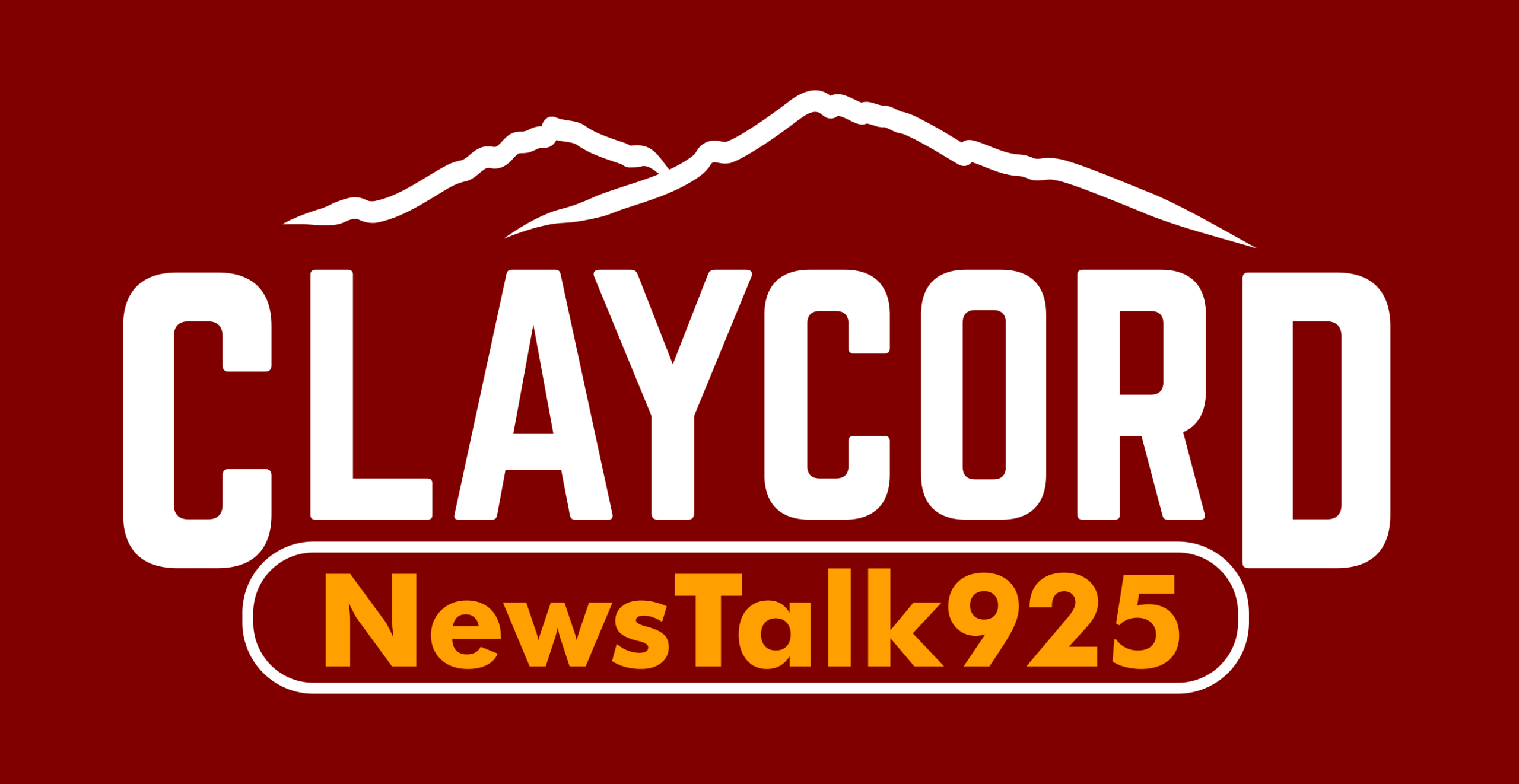The BART Board of Directors approved a $1.019 billion budget Thursday, with board members expressing optimism about the agency’s potential to rebound as the pandemic recedes.
The balanced fiscal year 2022 budget is $104 million more than the one the agency approved for fiscal year 2021, which spans from July 1, 2020, to June 30, 2021.
It’s also buoyed by $386 million in federal relief funding, according to BART budget officials, $75 million more than the federal funding total in the FY 2021 budget.
“It’s been an extremely challenging 15 months to get us to this balanced budget,” BART Assistant General Manager for Performance and Budget Pamela Herhold said to the board Thursday morning.
“We are extremely grateful for our federal emergency assistance, by we also want to acknowledge the very hard work of all of our employees that helped us reduce expense and make the smart decisions that bring us to you today,” she said.
BART budget officials expect ridership revenue to tick up $18 million, from $148 million in the adopted FY 2021 budget to $166 million in the FY 2022 budget, as more offices in San Francisco reopen and more residents feel comfortable using public transit.
BART’s ridership has increased somewhat from last year’s nadir, when it was roughly 10 percent of pre-pandemic ridership for much of the year after the pandemic began in earnest in March.
In the last two months, ridership has crept up to 15-20 percent of pre-pandemic numbers on weekdays and as high as 33 percent of pre-pandemic ridership on some weekends.
“There’s so much work to do,” Board Director Lateefah Simon said. “But for those of us who have been on BART this week, you actually see that it’s hard to find a seat.”
Board Director Bevan Dufty argued that the higher ridership on weekends was a positive indicator of the agency’s ability to rebound, as pre-pandemic ridership was directly tied to people commuting to and from work during the week.
“I think that was a real challenge for us pre-pandemic,” Dufty said. “Because our work commuting was very strong, but evenings and weekends had gotten weaker, and I think that there is some hope that if we do it right, that we will build back stronger ridership on those times when we do have more capacity and room.”
The budget increased labor spending by $26 million, from $624 million in the adopted FY 2021 budget to $650 million in the FY 2022 budget.
That spending, however, is $20 million to $25 million less than what BART could have spent on labor before the agency approved an incentivized retirement program last year.
The program ultimately enticed 287 BART employees — about 7 percent of the agency’s workforce — to accept an early retirement package.
Two of the board’s nine members, directors Liz Ames and Debora Allen, voted against approving the budget because of concerns over the agency’s projected deficits in future fiscal years, when they argued the well of pandemic-era federal relief funding will dry up and standard revenue sources are unlikely to bridge that gap.
Allen also argued that the agency’s initial expectations for a ridership increase toward the end of the 2020 calendar year were always too optimistic, and that projected ridership increases later this year could prove the same.
“I believe we’re spending far more than what is needed to operate the system, particularly in relationship to the substantially diminished ridership that’s being served now,” Allen said. “That will ultimately hurt us when we run out of the taxpayer subsidies in fiscal year ’23.”
The budget includes an increase in weekday and weekend service in August in anticipation of workers returning to offices and children returning to in-person classes.
Since March of last year, the agency stopped both weekday and weekend train service at 9 p.m. in an effort to cut costs.
Pre-pandemic, the agency had operated between 5 a.m. and midnight on weekdays and 6 a.m. to 9 p.m. on weekends.
Since then, the agency has operated from 5 a.m. to 8 p.m. on weekdays and 8 p.m. to 9 p.m. on weekends, with 30-minute gaps between trains during off-peak hours.
BART further modified its schedule in June and September of 2020, as well as last week, to better suit its pandemic-era ridership, but the budget approved Thursday includes a planned expansion of weekday and Saturday service back to midnight on Aug. 30.
The service expansion will also add more trains to the system, reducing time between trains during both peak and off-peak hours.
Coinciding with the service expansion, BART will also offer 50 percent off ride fares throughout September when riders use a Clipper card.
Board Director Rebecca Saltzman said she was confident the agency would “far surpass” its ridership projections in the coming months, as BART is already meeting its June projection of 17 percent of pre-pandemic ridership.
“We are really welcoming people back to BART,” she said. “And as they have to go back to work and as they want to go back out into the community, I think they’re going to return to BART.”


1. More people working remotely – and therefore no need to commute via BART.
2. Inability to address crime and cleanliness on the trains.
3. Depending on federal subsidies is no way to balance a budget.
And that’s just a start.
$386 million in federal relief funding?!?
Taxation is theft.
.
A budget and capital plan based on overly optimistic assumptions. Typical.
.
#DefundBART
.
Nobody I know WANTS to ride BART. We sure don’t let visitors use it because we are embarrassed because of the disgusting conditions.
Unfortunately, I didn’t notice anything about using some of that money to clean up the cars, and keep them clean. I hope they will.
I recently rode BART for the first time in years from the Oakland Airport to the East Bay and was shocked at how filthy the cars were on. Not to mention the sketchy people lurking around and doing various things they shouldn’t be on the train. No wonder so many people carpool and take Uber/Lyft.
The federal government shoveled money at BART to keep them from shutting down, and BART calls that a balanced budget. They don’t seem familiar with the term “delusional” as in holding a false understanding of reality.
I can remember being in elementary school when BART first started service. It was clean, safe, and relatively cheap. Parking was available and the employees were polite. The riders were civil.
Obviously, much has changed.
You can shovel zillions into BART and it will not make any difference because the BART management will continue to pay its union members ridiculous salaries while trimming funds from much needed areas like safety, maintenance, policing, and cleanliness. Yet another example of government running amok.
Once upon a time Bart was not bad. The progressive leftists have ruined it just like they’ve ruined everything else about Ca
BART is a government-run Ponzi scheme. And a ride on the system is like being on a cruise ship without the buffet and bar.
The reason that Lateefah Simon can’t find a seat on BART is because they’ve removed most of them from the new cars.
Ames & Allen are the only two directors dealing with reality. BART is a “money pit” for CA and now US taxpayers. The fiscal illiteracy by most of the Board and many politicians is overwhelming.
Sooo, 160 million in ridership revenue but a 1 plus billion dollar budget. Clearly they are over subsidized by “us” and paid way too much
I’ll ride Bart again when uniformed officers are ever present in the stations and on the cars. Which will be a cold day in hell.
“Project ridership rebound” will go absolutely nowhere until they first complete “Project ridership safety” and “Project wee wee clean-up”.
I rode BART every weekday, and some weekends, for over 20 years straight. I used to think it was convenient, especially compared to driving in traffic and searching for parking. But the last 5-6 years, it really went downhlll…crime, filth, expense, lack of parking and discomfort standing in crowded cars. I felt all I did was complain about it. So, this past year and 3 months of remote work has been a revelation. I don’t want to step foot on it ever again.
Took BART into San Francisco with my Wife a few years ago to have lunch. Cars were filthy and no seats available because most were taken up by bums and their “belongings.” 2 BART Police walked through the car and did nothing about it. Screw ‘em, I started using the Ferry system.
A few weeks ago we took a weekend BART train to Embarcadero, walked to pier 39, walked back to Ferry Building, and took BART back home. Stations were clean, no-homeless or others loitering, train cars were clean and didn’t smell like pee. Plastic seats were clean, some of the cloth seats stained of course, but no garbage or newspapers laying around. Walking along Embarcadero we saw no homeless, no graffiti, no garbage/excrement, and no urine smell. We were pleasantly surprised!
Blueberry these types of comments are not appreciated. We only like negative CA bashing on this cite. Thank You